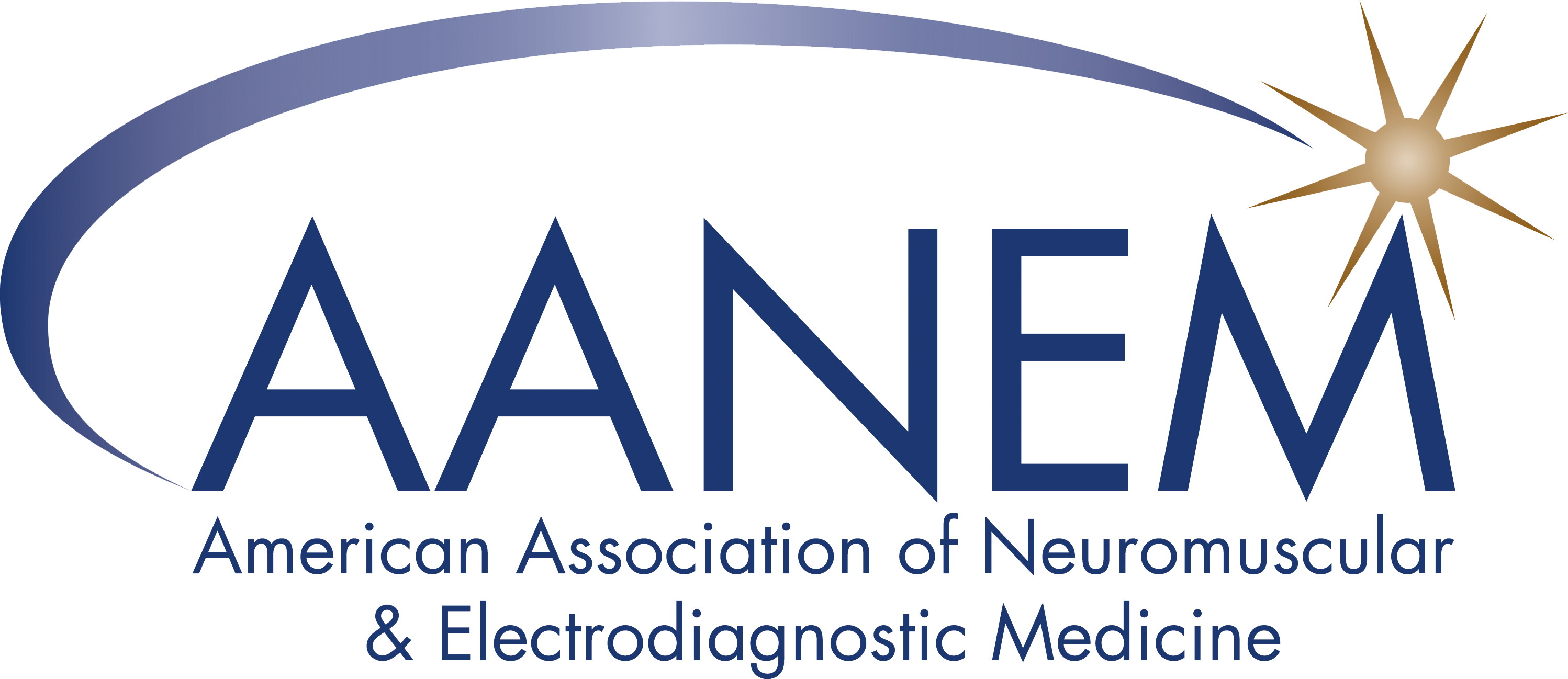Myositis
What is Myositis?
Myositis is a term that describes a swelling of the muscles. A temporary form of myositis can be caused by injury, infection, or medicines. The swelling generally stops after the problem is fixed. However, there are also chronic forms of myositis called inflammatory myopathies. These include dermatomyositis, polymyositis, juvenile forms of myositis, and inclusion body myositis. Symptoms include weakness, swelling of the feet and legs, and pain in muscles and joints. Myositis is thought to be an autoimmune disorder, meaning the body's autoimmune system continues to fight after an infection is gone.Who gets Myositis?
Anyone can get myositis, but it usually affects women more than men. Adults between the ages of 30 and 60, and children between the ages of 5 and 15 are more likely to get myositis.How is Myositis diagnosed?
After learning the patient's history, a physician may perform an EMG, a magnetic resonance imaging scan (MRI), or take a blood test, spinal tap, or nerve biopsy.How is Myositis treated?
Corticosteroids are helpful in treating myositis. Immunosuppressants may also be used if corticosteroids do not work.
More Information
American Chronic Pain Association
Myositis Association of America
National Institutes of Health
Myositis Support Group
Help Fund Research
The foundation funds important research and helps support education through awards and fellowship funding. Donate today and 100% of your donation will be used to support these initiatives.
Find Support
AANEM's membership and accredited laboratory directories can help patients find qualified professionals for diagnosis and treatment.
Find a Doctor Find an Accredited Lab